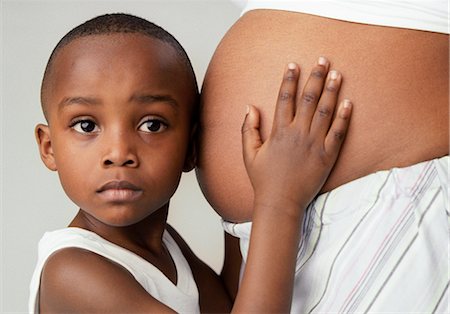- January 19, 2016
- Posted by: emobile
- Category: News, Trending Issues
No Comments

Re Emergence of Mers- CoV
Current MERS-CoV virus is raging in the Middle East. The virus appears to be circulating throughout the Arabian Peninsula, primarily in Saudi Arabia, where the majority of cases (>85%) have been reported .Several cases have been reported outside the Middle East too. Most of these infections are believed to have been acquired in the Middle East, and then exported outside the region.
The ongoing outbreak in the Republic of Korea is the largest outbreak outside of the Middle East according to WHO. MERS-CoV means ‘Middle East respiratory syndrome coronavirus ‘ The virus does not seem to pass easily from person to person unless there is close contact, such as occurs when providing unprotected care to a patient. This simply means health personnel are at greater risk of the infection.
The route of transmission from animals to humans is not fully understood, but camels are likely to be a major reservoir host for MERS-CoV and an animal source of infection in humans. Strains of MERS-CoV that are identical to human strains have been isolated from camels in several countries, including Egypt, Oman, Qatar, and Saudi Arabia.
Symptoms
MERS-CoV infection ranges from no symptoms (asymptomatic) or mild respiratory symptoms to severe acute respiratory disease and death. It also comes with fever, cough and shortness of breath. Pneumonia is a common finding, but not always present. Gastrointestinal symptoms, including diarrhoea, have also been reported. Severe illness can cause respiratory failure that requires mechanical ventilation and support in an intensive care unit.
Approximately 36% of reported patients with MERS-CoV have died. The virus appears to cause more severe disease in older people, people with weakened immune systems, and those with chronic diseases such as cancer, chronic lung disease and diabetes.
Advice
The consumption of raw or undercooked animal products, including milk and meat, carries a high risk of infection from a variety of organisms that might cause disease in humans. Animal products that are processed appropriately through cooking or pasteurization are safe for consumption, but should also be handled with care to avoid cross contamination with uncooked foods. Camel meat and camel milk are nutritious products that can continue to be consumed after pasteurization, cooking, or other heat treatments.
Until more is understood about MERS-CoV, people with diabetes, renal failure, chronic lung disease, and immune compromised persons are considered to be at high risk of severe disease from MERS-CoV infection. These people should avoid contact with camels, drinking raw camel milk or camel urine, or eating meat that has not been properly cooked.
Source
http://emobileclinic.com/2016/01/19/sources/


